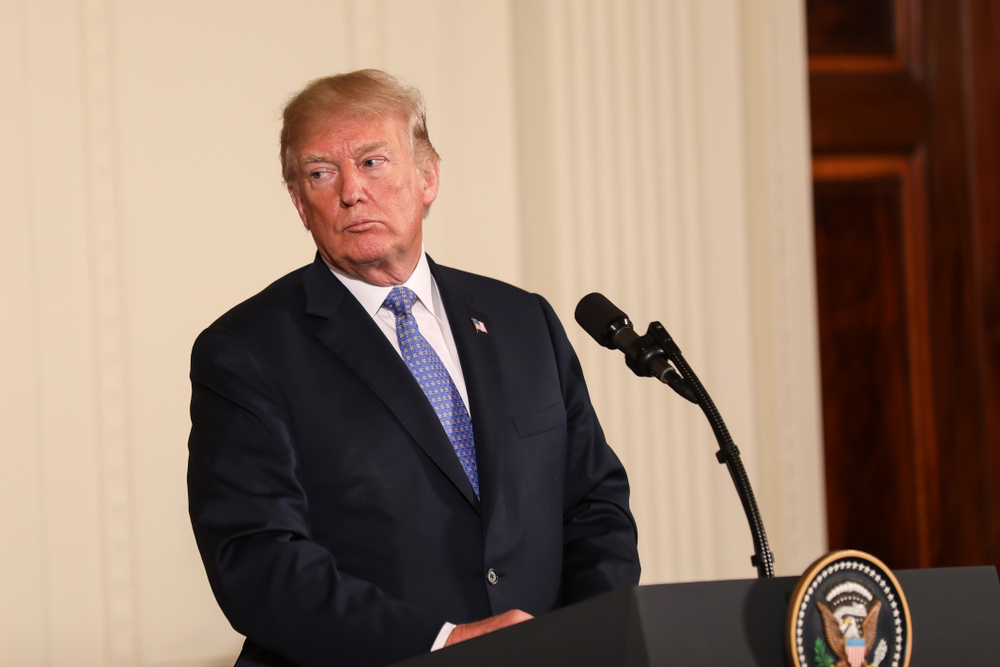Digital investment will add £232 billion to UK economy by 2040
Digital processes in the public sector will create efficiency gains and cost-savings of £75 billion alone, according to Virgin Media Business


Investing in digital technology could increase the UK’s GDP by almost 7%, delivering a £232 billion boost to the economy by 2040.
That's according to new research from the Centre for Economics and Business Research (Cebr) and Virgin Media Business.
The study examined how focusing on digital ways of working, which has been magnified by lockdown restrictions, could help the UK recover from the economic effects of the pandemic. The report claims that investing in digital technology could boost the economy by £74 billion in the next four years, and by £127 billion by the end of this decade.
By 2040, if these investments are sustained, digital technology is expected to add £232 billion to the national economy – equivalent to 6.9% of the UK’s GDP.
Digital processes in the public sector will create efficiency gains and cost-savings of £75 billion, according to the report, while investments in digitising health and social care, as well as the justice, central, and local government sectors could add £33 billion and £32 billion to the UK economy, respectively.
Cebr also found that digital investment in private sectors such as retail, professional services, and construction, could be worth an additional £40 billion by 2040, with other parts of the economy also predicted to experience similar gains.
RELATED RESOURCE

HCI 2.0 from HPE: Powering through to innovation
This second-generation HCI delivers a more simple and efficient experience
Cebr director of Economic Analysis, Cristian Niculescu-Marcu, said that the economic impacts of the pandemic alone “fall far short of capturing the scale of the pandemic’s toll on people’s lives and wellbeing”.
Sign up today and you will receive a free copy of our Future Focus 2025 report - the leading guidance on AI, cybersecurity and other IT challenges as per 700+ senior executives
“Within this research we have examined the potential economic impact of a wave of digital transformation, driven by the rollout of new ways of working and connecting,” he said, adding that “this could create an economic high road over the coming decades, helping the UK economy to grow while also having the flexibility to deal with future challenges”.
Commenting on the Virgin Media Business managing director Peter Kelly said that “the UK has a £232 billion opportunity ahead of it which we must now grasp with both hands”.
“By continuing to invest in new digital ways of working, we can seize this moment and help UK businesses to bounce back better. Moves to accelerate digital adoption are driving extraordinary outcomes across private and public sector organisations, helping them to revolutionise how they work, deliver for customers, and provide vital services for our communities,” he added.
The release of Virgin Media's report comes days after the company announced that it is planning to create more than 400 new graduate, intern, and apprenticeship roles over the course of 2021.
Having only graduated from City University in 2019, Sabina has already demonstrated her abilities as a keen writer and effective journalist. Currently a content writer for Drapers, Sabina spent a number of years writing for ITPro, specialising in networking and telecommunications, as well as charting the efforts of technology companies to improve their inclusion and diversity strategies, a topic close to her heart.
Sabina has also held a number of editorial roles at Harper's Bazaar, Cube Collective, and HighClouds.
-
 AI is “forcing a fundamental shift” in data privacy and governance
AI is “forcing a fundamental shift” in data privacy and governanceNews Organizations are working to define and establish the governance structures they need to manage AI responsibly at scale – and budgets are going up
-
 Why AI 'workslop' is bad for business
Why AI 'workslop' is bad for businessIn-depth Poorly-generated AI content is having a financial impact on businesses, slowing productivity, and creating friction between employees
-
 Productivity gains on the menu as CFOs target bullish tech spending in 2026
Productivity gains on the menu as CFOs target bullish tech spending in 2026News Findings from Deloitte’s Q4 CFO Survey show 59% of firms have now changed their tune on the potential performance improvements unlocked by AI.
-
 Why managing shareholders is key to innovation
Why managing shareholders is key to innovationIn-depth Seeking out investment for new technologies and seeing your ideas through requires continuous and measured trust-building
-
 What tech investors can learn from three under-fire CEOs
What tech investors can learn from three under-fire CEOsAnalysis With clear lessons to learn from the high-profile cases of Autonomy, Theranos, and Wirecard, investors should tread carefully in future
-
 UK gov launches £375 million fund for "game-changing" startups
UK gov launches £375 million fund for "game-changing" startupsNews Future Fund: Breakthrough aims to ensure the UK is a world leader in the industries of the future
-
 Xiaomi to be removed from US trade blacklist
Xiaomi to be removed from US trade blacklistNews The tech giant was placed on the CCMC list in January 2021 as one of the last policies enacted by president Donald Trump
-
 UK leads Europe on VC investment despite Brexit uncertainty
UK leads Europe on VC investment despite Brexit uncertaintyNews UK startups raised £10.84 billion in 2020 to break funding records for the second year in a row
-
 UK to review London listing rules to attract tech firms post-Brexit
UK to review London listing rules to attract tech firms post-BrexitNews Review may consider a reduction to the 25% available shares requirement for listing on the London Stock Exchange
-
 UK records a 16% increase in new tech startups
UK records a 16% increase in new tech startupsNews RSM credits the growth to an increase in demand for technology to support remote working
